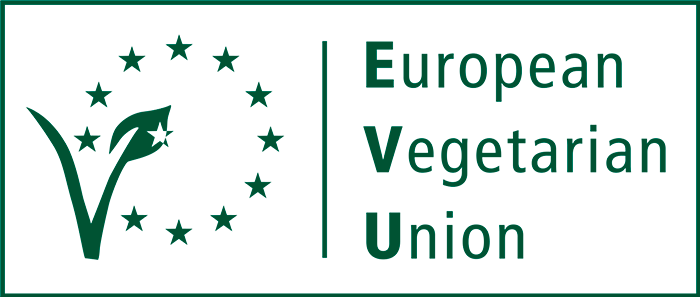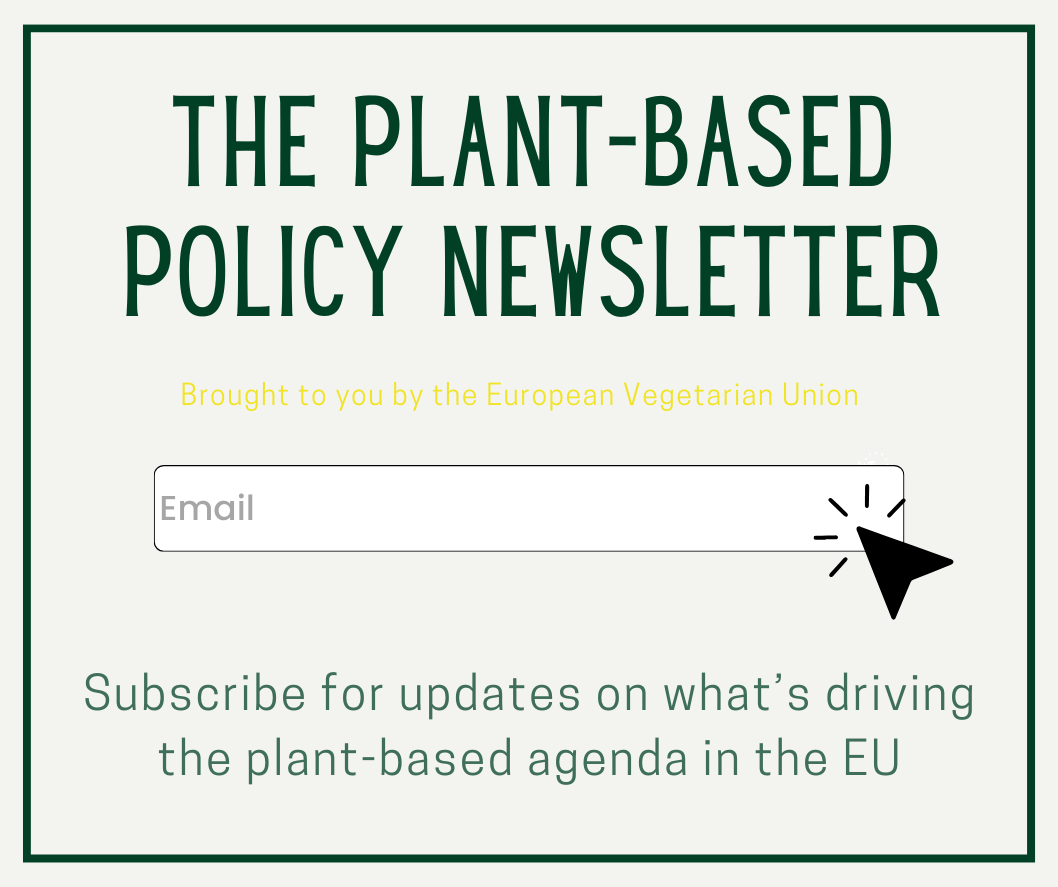otherAs the new European Commission picked up its work at the end of 2019 and promised a new “Green Deal” for all policy sectors, things in the agriculture and food sector started to get moving at the beginning of 2020, as well.
One of the first things announced for the “Green Deal” was the responsibility of the Directorate General Health and Food Safety over a “Farm-to-Fork” Strategy. The strategy is set to be presented at the end of March, but first drafts have been leaked virtually since the announcement. Earlier drafts have been missing a clear commitment to a dietary shift from animal-based to plant-based foods, yet there were some reference points to EVU’s goals: “empower consumers to make sustainable food choices”; “promote healthy and sustainable diets” and “proteins for the future” were some of the buzz words mentioned.
The latest leaked draft, however, while it is still missing concrete action points and measures to bring about a wide-spread diet change, at least mentions the positive impact of shifting to plant-based diets: In the explanatory, introductory text it states under point 2.3 “Promoting sustainable food consumption, facilitating the shift towards healthy, sustainable diets”: “Therefore, a dietary change towards a healthier diet, such as a shift from an animal-based to a plant-based diet, can not only reduce risk of life-threatening diseases such as cancer but also reduce the environmental impact of the food system.” If this acknowledgement of the advantages of plant-based eating remains in the final version of a major policy paper such as the “Farm-to-Fork” Strategy, it would be a huge step forward and an excellent basis to communicate and negotiate with the European Commission on concrete political actions in this area.
Nevertheless, it remains to be seen whether the final, published strategy paper will include this acknowledgement and whether the Commission will actually commit to political actions leading to diet change. The pressure from certain stakeholders remains strong: As the new Commissioner for Agriculture, Janusz Wojciechowski, cautiously criticised intensive pig and cattle farming in some EU countries with regards to sustainability, the backlash from the meat industry followed immediately in the form of a complaint letter to the Commissioner. As public awareness of the need for changes in consumption patterns rises, this kind of pressure from the livestock industry is not likely to decline. EVU will closely watch how the Commission will deal with these conflicts of interests and put its topics on the Commission’s agenda where possible and necessary.


